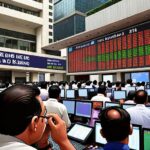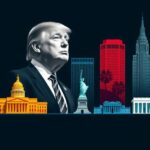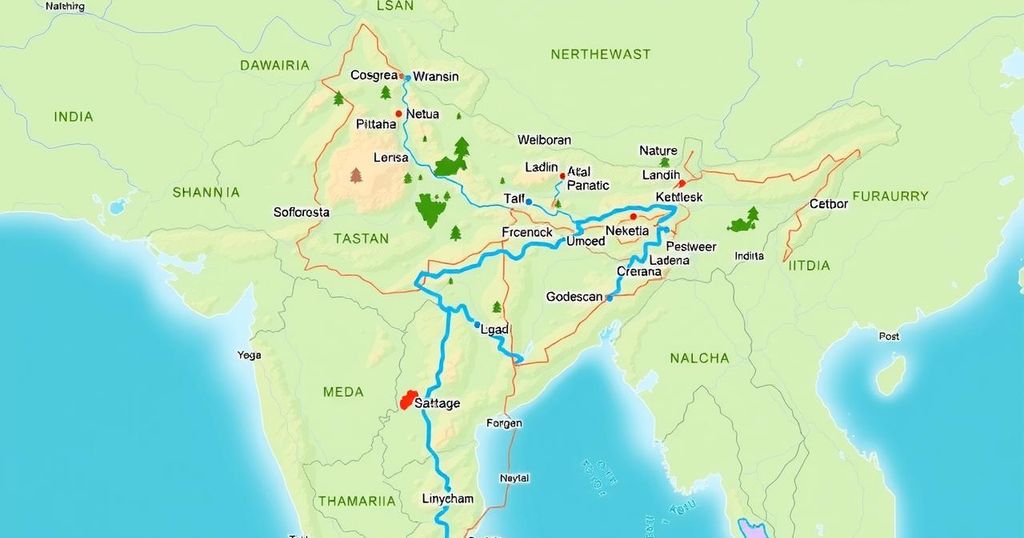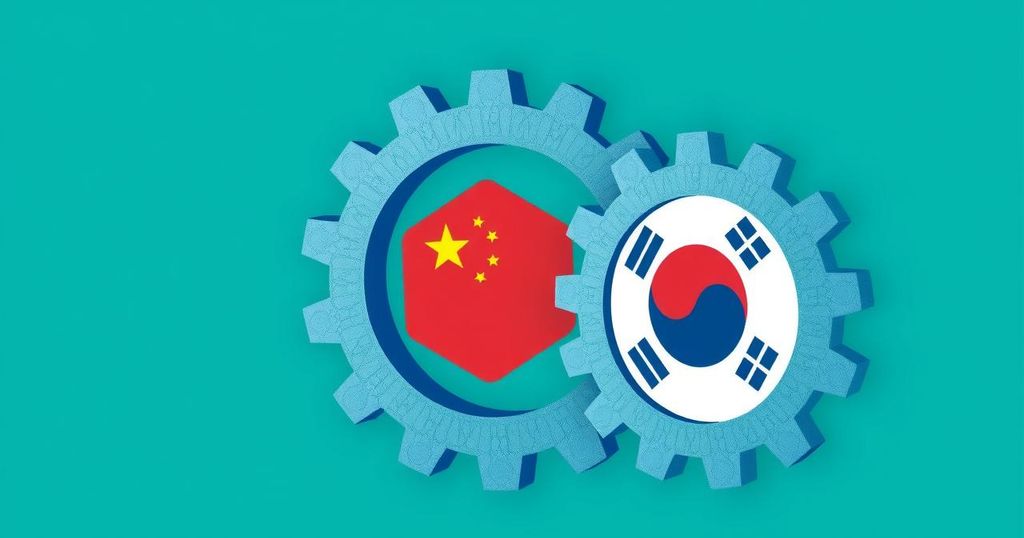Nigeria’s Presidential Jets Seized in France Amid Dispute with Chinese Firm
The recent seizure of three Nigerian presidential jets by a French court has brought attention to a long-standing dispute between the Nigerian government and a Chinese company, Zhongshan Fucheng Industrial Investment. The conflict stems from a 2007 contract between the Chinese firm and Nigeria’s Ogun State to develop a free-trade zone, which was later terminated in 2015-2016 amid allegations of illegal acts.
The Nigerian government has strongly condemned the seizure of its planes, accusing Zhongshan of employing underhanded tactics to undermine and defraud an African government. According to reports, the planes were seized in France after Zhongshan obtained court orders from the Judicial Court of Paris, despite being in the country for routine maintenance.
The situation escalated in March 2021 when an arbitration tribunal chaired by the president of the UK Supreme Court awarded $74.5 million in compensation to the Chinese firm, a claim that Ogun State reportedly refused to pay. Subsequently, the United States Court of Appeals ruled in favor of Zhongshan, allowing the company to proceed with its efforts to confiscate Nigeria’s assets abroad, rejecting Nigeria’s defense of “sovereign immunity.”
In a formal statement, a spokesperson for Nigeria’s presidential office denounced Zhongshan’s actions, accusing the Chinese company of misrepresenting facts to courts in the UK, US, and France. The statement emphasized that Zhongshan had failed to fulfill its obligations under the terminated contract, merely erecting a perimeter fence on the designated land for the free-trade zone.
Despite the ongoing dispute, the Nigerian authorities have reassured the public of their commitment to safeguarding the country’s national assets from what they described as “predatory” entities masquerading as investors. Similarly, the regional government in Ogun State has condemned Zhongshan’s “ill-advised attempts” to seize Nigerian assets.
In response to the allegations, Zhongshan claimed that the Ogun Free Trade Zone was touted as a significant international investment by the Economist Intelligence Unit, refuting the Nigerian government’s portrayal of the project as a mere perimeter fence.
The dispute highlights growing concerns about the influence of foreign companies, such as those from China and Russia, in African nations. It also underscores the complexities of international business agreements and the potential repercussions for government entities involved in such disputes.
As the situation continues to unfold, it serves as a stark reminder of the need for transparency, accountability, and adherence to contractual obligations in international business dealings to avoid protracted legal battles and potential asset seizures.
The latest developments in this ongoing saga may have significant implications for Nigeria’s diplomatic relations and foreign investments, necessitating careful navigation and resolution to protect the country’s interests in the global arena.








Post Comment